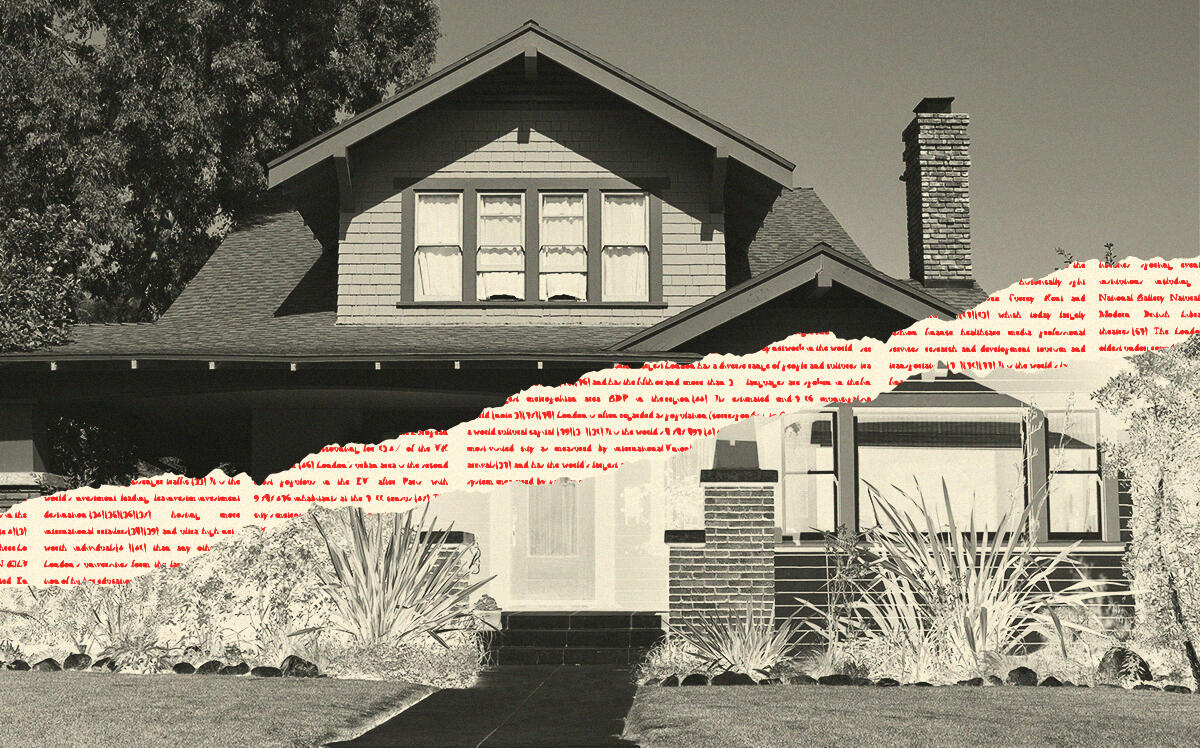In simple terms, Squatter's Rights or Adverse Possession describes a legal principle which allows someone to achieve ownership of home through continuous, unauthorized use over an extended period. It could seem just like a loophole in the law, nonetheless it is meant to put idle and neglected properties into productive use. In ancient times, kingdoms rewarded folks who made productive use of land with ownership, and the principles of adverse possession uphold this age-long tradition. While squatters rights in Maryland may appear like a complicated subject, understanding its principles is essential for homeowners and property investors who would like to make the most out of the investment.

1) The Basic Principle of Adverse Possession
The principles of adverse possession vary in various jurisdictions, but the central idea remains exactly the same: if someone possesses a house continuously and openly for a lengthy period, they might acquire ownership of it. Possession entails physical occupation, and the occupier should have the intent to possess the property. The time frame needed for adverse possession also differs by jurisdiction but ranges between five to twenty years. The laws also require the squatter to pay for property taxes and other levies required by the jurisdiction.
2) The Impact of Adverse Possession on Property Rights
The thought of adverse possession may appear unsettling for some property owners who worry that anyone could dominate their properties. However, regulations rightly recognizes that unused and neglected properties are a weight to society, lowering the value of adjacent properties, attracting illegal activities, and reducing public safety. Adverse possession really helps to incentivize productivity and discourage negligence, and it allows those who have invested time and resources in home to claim full ownership of it. Property rights are not absolute, and despite popular belief, Squatter's Rights don't enable you to definitely take swift ownership of home without meeting the legal requirements.
3) Common Requirements for Adverse Possession
To claim adverse possession, a squatter must prove they meet various legal requirements. These generally include open and continuous occupation for the mandatory period, payment of property taxes and levies, having exclusive utilization of the property, and claiming the land under a unique title. Additionally, the adverse possessor must demonstrate that they'd the intent to occupy and use the land, even should they didn't intend to acquire ownership or dispossess the legal owner. The burden of proof on the adverse possessor is high, and legal proceedings could possibly be costly and lengthy, making adverse possession a less appealing selection for most squatters.
4) Implications for Property Owners
Property owners must be familiar with adverse possession and take steps to prevent falling victim to it. First and foremost, maintaining constant surveillance over your property is vital, especially when it is vacant. Secondly, take note of anybody who occupies your property without permission and take legal action promptly. Regularly paying property taxes and levies also helps to determine legal ownership and prevent other people from acquiring the land through adverse possession. Property insurance can also protect you from legal disputes linked to your property without passing the cost on to you.
5) Final Ideas on Adverse Possession and Squatters
Adverse possession is a necessary legal principle that allows people to place neglected properties into productive use. You will find always several unscrupulous folks who seek to exploit this technique, but regulations needs a high burden of proof to make sure that the good intentions of adverse possession are upheld. As a house owner, it is essential to stay vigilant and actively manage your property to prevent strangers from occupying or claiming it. With this particular in mind, Squatter's Rights shouldn't be considered a reason for undue worry.

Conclusion:
Squatter's Rights, also referred to as adverse possession, might appear such as a daunting subject, but understanding it is critical for every homeowner and property investor. Adverse possession incentivizes productivity, and it rewards those that invest time and resources in home they didn't initially own. However, property owners must be vigilant and actively manage their properties to avoid squatters from occupying them and claiming ownership. When managed correctly, adverse possession will help put neglected land into productive use and improve the worthiness of adjacent properties.
